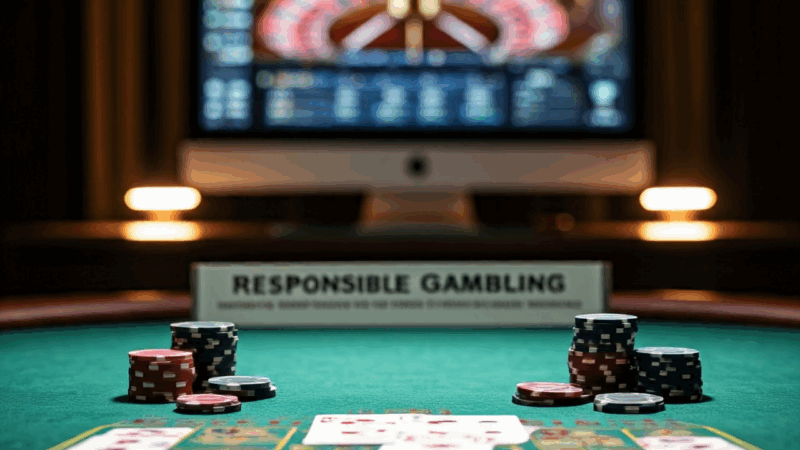
When we watch players break records, lift trophies, or recover to claim a competition from behind, we tend to be impressed by their strength, velocity, and ability. But behind every good performance lies a solid mental game. What we initially observe is physical capability, but the mental state is what most often distinguishes winners from losers.
Victory in sports is not all show and muscle—it’s brain, concentration, and emotional management. There is always mind involvement, whether it is a singles tennis match or a million-dollar football game. But what happens literally in the brain of an athlete when he/she wins? Let’s investigate.
The Power of Belief
Thinking that you are going to be able to win the first step to winning. Confidence is more than it feels good; it affects performance. Players who trust themselves will take risks more effectively, will be more confident when facing the pressure, and recover faster after making a mistake.
It is by preparation that results in confidence. The more you practice, the more confident you will be about your skill. It also arises out of previous success and encouragement of teammates and coaches.
Focus
There are distractions in sports everywhere. The elite performers practice to stay attentive, regardless of whatever happens around them.
This form of attention is more than just attention. Being in the present altogether. They do not care about a single mistake on the field or a single pass lost. These people are living day to day, doing what they can.
Athletes apply mental strategies to remain in the zone- such as using mantra, breathing exercises, or deciding little objectives throughout the game (“win the next point,” “pass the next pass”). These activities prevent them not to having their minds running in a tangent of fear or frustration.
Emotional Control
Everyone gets apprehensive before a crucial game—champions as well. Winners, however, learn to manage the feelings so that they do not get the better of them. They channel nervousness into energy, and rage into motivation.
This is not a denial of emotions. If anything, it is a contrast. Great athletes learn to recognize what they feel and how to use it to their advantage. They welcome the pressure but do not let it paralyze them. They welcome fear but do not let it impede them.
Coaches usually help with this by teaching players to replace negative self-talk. They would exchange “I don’t want to mess this up” with “This is my time to shine.” That slight difference in the words said can make a significant impact on performance.
Visualization
One of the best techniques followed by the majority of the top athletes is visualization. They rehearse the game in their minds prior to entering into the court or field. They imagine themselves scoring, passing, or defending perfectly. They imagine the crowd cheering, the ball in their pocket, feeling triumphant.
This mind rehearsal increases confidence and decreases nervousness. The mind doesn’t necessarily know the difference between actual and pretend experience. So when the athlete imagines success, the mind begins to think it can be done—and ready the body to perform at that level.
Imagine winning when you go to the 1xbet app login page and keep cool in your decisions while getting double emotions from the game.
Team Psychology: Winning Together
Not all victories are individual victories. For team sports, psychology plays a big role in how well the players work together. Communication, trust, and shared goals are as important as ability.
Successful teams include leaders who inspire and inspire others. They also have defined roles and open lines of communication. If the players inspire each other and have faith in the mission of the team, they are successful.
Even the bench gets a chance to contribute. Moulding, motivating, and putting everyone in the right spirits affects the mentality of all the members of the team. Effective team culture can turn a common group of players into champions.
Conclusion: Mind Over Matter
Behind every gold medal winner, scoring goal, or record-breaking sprint is a mental story. It’s a story about confidence, focus, discipline, and emotional toughness. Athletic winning psychology is just as important as physical conditioning—quite possibly more so.
As research continues to delve into the athlete’s mind, one thing is clear: mental training is not optional. It’s mandatory.













